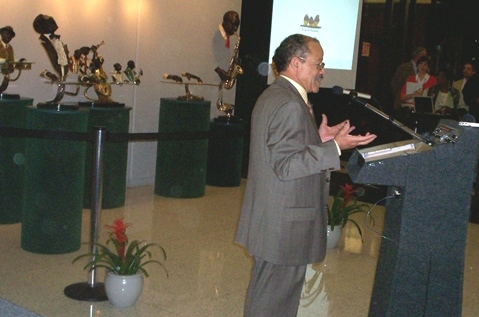by Jim McLean, Kansas News Service
Kansas Gov. Jeff Colyer’s proposed Medicaid work requirement would create a “catch-22” for some low-income Kansans, according to a report released Tuesday.
The report, from the Center for Budget and Policy Priorities — a nonpartisan research organization that supports Medicaid expansion — said work requirements could jeopardize their coverage.
“If they actually work enough to meet the requirement they’ll be over the Kansas income limit and they’ll still lose their coverage.”
Medicaid recipients who fail to meet a work requirement would “lose their coverage,” said researcher Aviva Aron-Dine. But, she said, so would some of those who followed the rules and got jobs. Particularly in states like Kansas, that haven’t expanded Medicaid eligibility.
“If they actually work enough to meet the requirement they’ll be over the Kansas income limit and they’ll still lose their coverage,” Aron-Dine said on a conference call with reporters.
In Kansas, the income limit for a single parent with one child is $521 a month, well below what would be considered poverty wages.
Those whose earnings push them out of Medicaid rarely make enough to afford private coverage even through the health insurance marketplaces created by Obamacare. Only those with incomes above the federal poverty level — $12,140 a year for a single person — qualify for federal subsidies.
“It puts (Medicaid) recipients in a no-win situation,” said Sheldon Weisgrau, director of the Alliance for a Healthy Kansas, a coalition funded by several Kansas health foundations that advocates for Medicaid expansion.
Jon Hamdorf, the Kansas Department of Health and Environment official who oversees KanCare — the state’s privatized Medicaid program — said the administration is aware that a work requirement could cause some to lose coverage.
Even so, he said, the administration intends to continue its “conversations” with federal officials at the Centers for Medicare and Medicaid Services “about a community engagement program for Kansas.”
Colyer, a Republican elevated from his lieutenant governor’s post when former Gov. Sam Brownback left in January for a post in the Trump administration, contends that a work requirement would provide non-disabled adults the incentive they need to move off state assistance.
“We’re trying to help them to independence,” Colyer said in a January interview with NPR.
Weisgrau argues the proposal is “a solution in search of a problem.”
It’s based, he said, on the “mythology” that the Medicaid rolls are filled with people too lazy to work.
“There’s no evidence of that,” he said. “In fact, there’s evidence to the contrary.”
A 2016 report by the nonpartisan Kaiser Family Foundation said that nationally 78 percent of the nearly 25 million non-elderly and non-disabled adults enrolled in Medicaid either worked or lived in families with at least one worker.
Most of those who didn’t work, the report said, faced “major impediments to their ability to work including illness or disability or care-giving responsibilities.”
Colyer’s proposal wouldn’t apply to all Medicaid recipients, only adults with children over the age of 6. It would exempt pregnant women, parents caring for younger children and Kansans with physical or intellectual disabilities.
To date, all of the states that have implemented work requirements have also expanded Medicaid eligibility to those earning up to 138 percent of the federal poverty level — $16,642 annually for individuals and $33,948 for a family of four.
Kansas is one of several non-expansion states now seeking federal approval to do so.
Lawmakers opposed to Colyer’s proposed work requirement added a proviso to the state budget blocking him from implementing it unilaterally. The proviso allows the administration to continue its negotiations with federal officials, but requires legislative approval for any changes in Medicaid eligibility rules.
In May, federal officials denied the administration’s request to impose a lifetime limit of three years on Medicaid benefits.
Jim McLean is managing director of the Kansas News Service, a collaboration of KCUR, Kansas Public Radio, KMUW and High Plains Public Radio covering health, education and politics. You can reach him on Twitter @jmcleanks.
Kansas News Service stories and photos may be republished at no cost with proper attribution and a link back to the original post. See more at http://kcur.org/post/medicaid-work-requirement-could-jeopardize-coverage-even-people-who-comply

